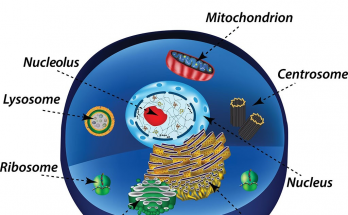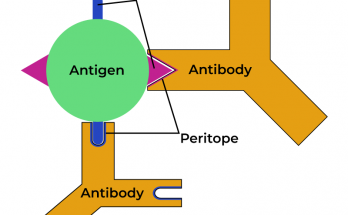Angiosperms- Characteristics, Classification, and Reproductive Biology
Discover angiosperms, the largest group of plants. This article explores their distinctive characteristics, reproductive mechanisms, and classification. Learn how angiosperms develop from flowers to fruits, and understand their significant roles in ecosystems. Gain insights into the unique biological processes that define angiosperms, from pollination to seed development.
Angiosperms- Characteristics, Classification, and Reproductive Biology Read More





